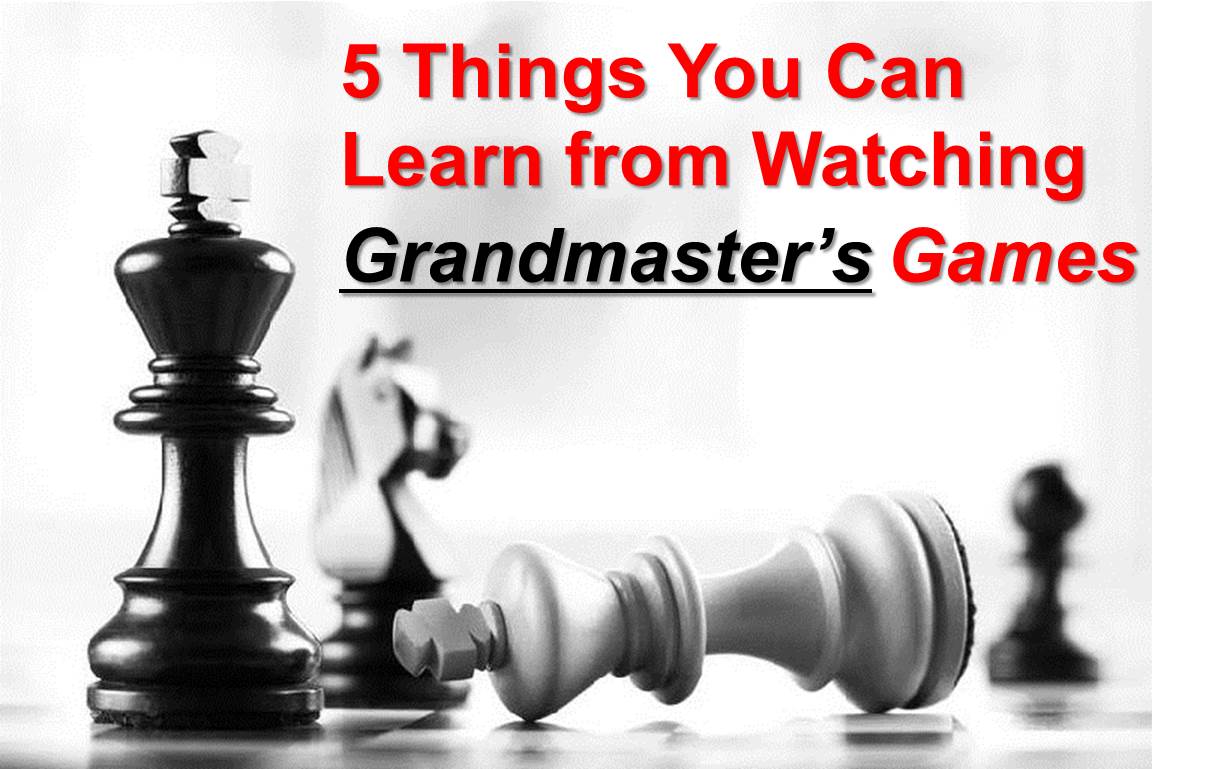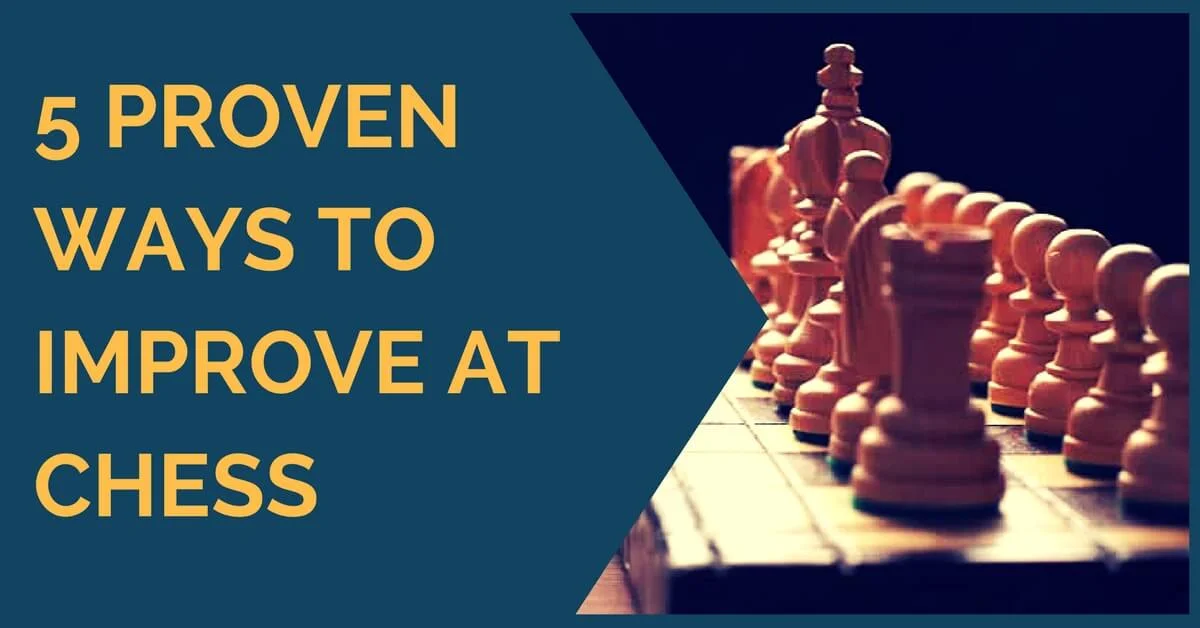The 5 Whys Method: Analyzing Your Chess
Many players want to find the cause of their chess problems but have no idea how to do that. Even when they analyze their games they do not dig deep enough in order to identify the very root of the problem. In today’s article, we will talk about one very famous method that can be applied for finding the problems in one’s game, the Method of Five Whys.
This method is a super simple one. In order to find the very cause of the problem, you need to ask the question “why” five times in a row instead of once or twice, like the majority of chess players, do.
Let’s look at the following example. Imagine a chess player who just lost the game. Like all chess players, he will try to analyze the game, find the cause of the defeat and will try to prevent it in his future games. He will ask himself question “why” only twice.
1. Why did I lose this game?
Answer: I’ve blundered in the endgame.
2. Why did I blunder in the endgame?
Answer: The position wasn’t favorable and I was under a lot of pressure.
Most chess players would stop here, and draw the conclusion that they have lost the game because they blundered in the endgame. What should they do to fix it? They should study more endgames and that will prevent them from blundering in future. Is that correct?
Let’s keep going to find out by asking the question “why” 3 more times.
3. Why did the position become not favorable?
Answer: Because after an exchange of the queens, my isolated pawn became a serious weakness.
4. Why did I allow the exchange of the queens?
Answer: The opponent’s queen was extremely active in the center of the board and it was a huge threat to the safety of my king, while its counterpart was much more passive.
5. Why was my queen passive?
Answer: My queen was passive because I ended up in the jammed position and had few weak squares to take care of.
Want training that actually works?
Click here to start your training using the day-by-day program.
After a more detailed analysis, it becomes obvious that blunders and the endgame technique have nothing to do with losing this game. If you start addressing these imaginary problems by spending time on the endgame as well as practicing blunder avoidance technique you won’t fix the big issue. And you will lose 5 more games just like that, thinking that the bad endgame technique is the reason why you lose.
Think about it this way. If your leg is cut and you’re bleeding, it’s not a good time to think about your diet or vitamin intake. For sake of your health, you should deal with the most serious problem first, closing the wound. Only then you will start worrying about the other things.
The same goes to chess. Before fixing the root of defeat, you don’t need to deal with the smaller things.
In the case of our example, the player needs to focus on positional understanding and middlegame techniques, to avoid being in trouble in the first place.
Let’s look at the sequence one more time:
1. If he hadn’t had weaknesses in the middlegame, the queen wouldn’t be passive.
2. If the queen wasn’t passive, his king wouldn’t get in danger.
3. If the king wasn’t in danger there would be no need for queen’s exchange.
4. If the queens were still on the board the isolated pawn would remain an asset instead of being a liability.
5. He (most likely) wouldn’t lose in the endgame [thus a more favorable outcome].
This is a very powerful problem-solving technique that you can apply to your own games in order to identify the cause of your problems. I suggest you take 1-2 of your latest defeats and to apply the 5 Whys algorithm to identify the main problems and patterns of problems that need your immediate attention.
Words of Warning:
When applying this algorithm you need to be as objective and as unbiased as you possibly can. You need to make sure that the 5 Whys method does not turn into the 5 Excuses method when instead of admitting a mistake and identifying the root of the problem you will find every possible explanation for why that happened and why that won’t happen again.
If you want to improve your chess level, you need to have a clear study plan. If you aim for a dramatic improvement at chess you need to work on all of the elements of the game in a systematic way:
- tactics
- positional play
- attacking skills
- endgame technique
- classical games analysis
- psychological preparation
- and much more
That seems to be like a lot of things, and that is. But no worries, we have made it easy for you. Our comprehensive training course covers it all and much more. Sign up for 21 Day Training right now!










Comments: